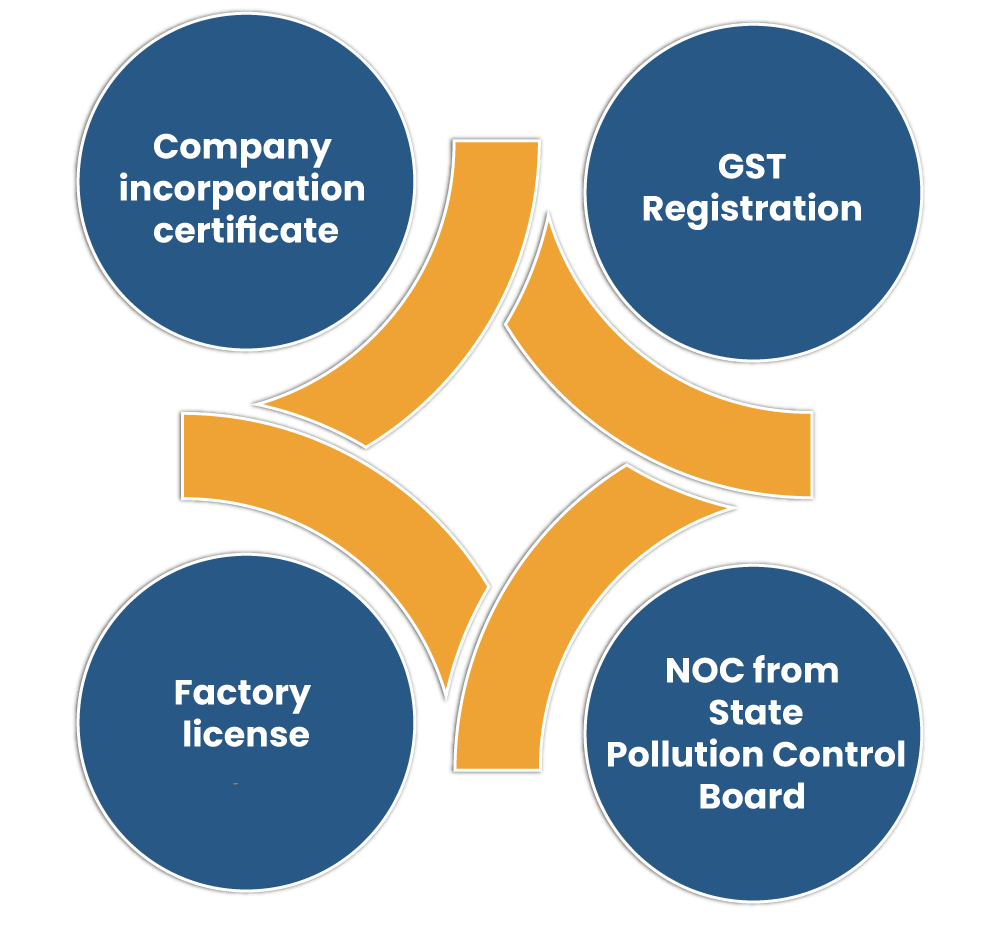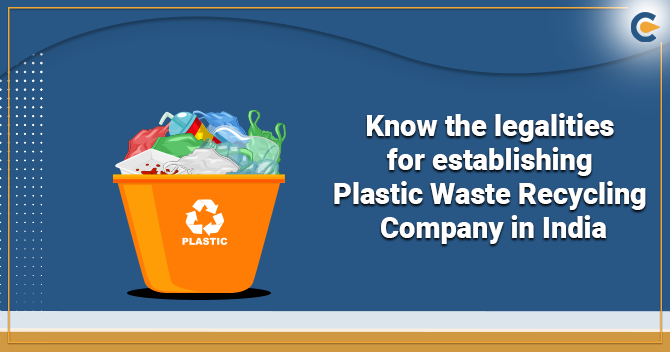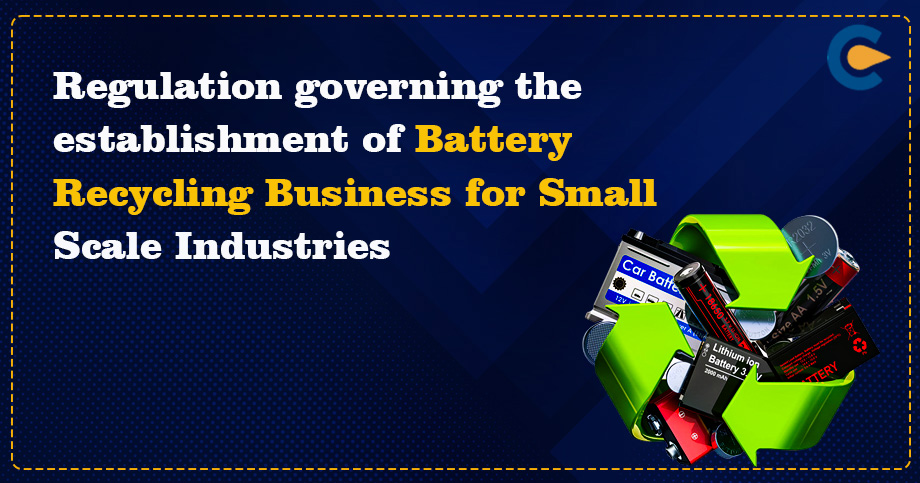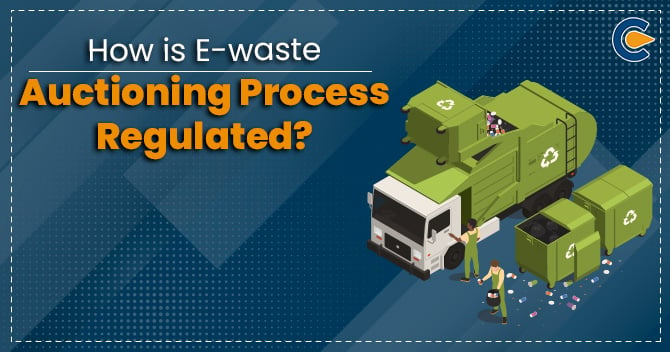Wide-spread environmental concerns regarding plastic waste lead to a rapid surge in demand for the plastic recycling market that has several uses for plastic waste. Apart from that, an increased number of companies that produce plastic goods are bound to minimize their use of new plastic & ensuring that that the plastic they manufacture is reusable, reusable, or compostable. The ever-rising demand for recycling plastic in the industrial sector has opened the door of opportunities for start-ups. If you intend to engage with a business model that offers long-term growth and lure modest compliances, then this could be your best bet. This write-up will discuss the legalities for setting up a plastic waste recycling plant in India.
Analyzing growth potential for Plastic Waste Recycling Companies
Recent research has implied that the plastic recycling market will likely thrive at (CAGR) of 6.6% in revenue & 8.8% in volume by 2027.
Increasing plastic consumption in the manufacturing of lightweight parts, which are frequently used in several industries, including automobile, building & construction, electrical & electronics, etc., is likely to propel the market growth over the expected period. Amid the Corn virus pandemic, the demand for packaging products has risen due to the sharp rise in the purchase of personal care products, electrical & electronics, personal protective equipment, etc.
The Asia-Pacific region, including Indonesia, China, India and Malaysia[1], had the highest market share regarding plastic recycling. This was credited to the fact that these nations have the largest share of plastic-based waste. Also, these nations are the largest importer of plastic waste.
On account of plastic materials, polyethene terephthalate (PET) & high-density polyethylene (HDPE) had the leading market share in 2018. The reason behind this was the sharp rise in demand for these materials for the manufacturing of packaging.
Read our article:How to Setup Hazardous Waste Recycling Plant in India
Mandatory Licenses for establishing Plastic waste recycling plant India


1: Company Incorporation issued by MCA
To operate as a legit plastic recycler in an industrial landscape, first of all, you need to obtain an incorporation certificate from the respective authority after choosing an apt legal structure.
- LLP
- Sole proprietorship
- Partnership firm
- One Person company – OPC
- Private Limited Company
- Public Limited Company
Pollution NOC from SPCB
- The owner of the plastic waste recycling plant is bound to file an official request for the grant of registration in form II, which is available on the official portal state pollution board. On the other hand, owners dealing with the plastic manufacturing business needs to file an application in Form iii for the grant or renewal of registration.
- The Pollution Control Committee or the State Pollution Control Board shall not renew or grant registration to plastic waste recycling plant unless the unit has a legitimate authorization under the Air (Prevention & Control of Pollution) Act, 1981 (14 of 1981) & Water (Prevention and Control of Pollution) Act, 1974 (6 of 1974) along with the registration certificate granted by the District Industries Centre or any other governmental institution legalized in this context.
- Further, it is mandatory for the plastic waste recycling plant to have an action plan validated by the Secretary in charge of Urban Development of the respective State or UT for establishing a plastic waste management system. Without the said action plan, it is not possible for the authority to grant the registration.
- Upon receiving the properly filed application, the State Pollution Control Board shall conduct a legal check of the same. During the verification process, the authority may send an officer to the facility to determine whether the applicant has apt resources, technical capabilities, and machinery in place for the effective management of plastic waste.
- The registration bestowed under PWM rule shall initially be valid for one year unless cancelled, revoked, or suspended & shall subsequently be bestowed for three years.
- The registration holder can apply for renewal of the registration at least 120 days prior to the expiration.
Factory license
Factory license is a legal compulsion for every entity that comes under the ambit of Factory Act, 1948. This Act mandates every industry owner to get certification from the local authorities prior to the commencement of business operation.
The Department of Factories and Boilers are entrusted with the responsibility of issuing such as license. The said department administers the health, safety, and welfare aspects of workers serving their term in such entities.
GST Registration
GST registration is a legal compulsion for every business that deals with inter-state business activities or having earning above the threshold limit. As per the GST Act 2017, any business or establishment with an annual turnover of Rs 40 lakh and above should avail of GST registration. The government has slashed down the annual turnover limit to Rs 10 lakh for the businesses located in North-eastern and hill states,
Conclusion
Plastic is the widely used material in the world. Its demand and consumption have yet to encounter a dip owing to the absence of a viable alternative. Several government authorities have strived to minimize the production and utilization of virgin plastic by employing strategies that seek to promote plastic recycling. Considering the past and prevailing trends, it seems that the production of the newer plastic is likely to encounter a reduction in the near future, which in turn stimulates the growth of the plastic recycling industry.
Read our article:Extended Producer Responsibility for the E-Waste and Plastic Waste Management











